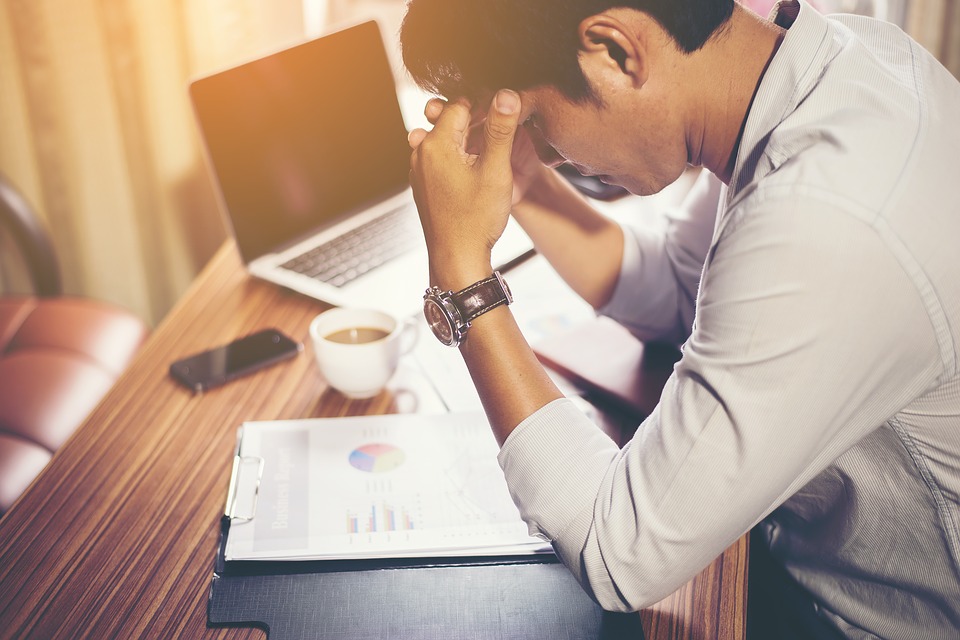As we all know, the world is experiencing one of the worst situations of the civilized era. The pandemic has attacked the majority of the peoples living on Earth, considerably affecting the behaviour of society in all its aspects, from social life to economic development.

Well, in Venezuela, in spite of being one of the countries with the lowest rate of Covid-19 infections, it is one of the most affected at the socio-economical level, you might say, - and how is that, I will tell you. Venezuela, in the last few years has fallen into a hard crisis that has affected its citizens, the low productivity of its main companies together with the sanctions imposed by the United States have created a void in the comfort of life of Venezuelans, high inflation rate, low salary remuneration, low level of employment, in short, low hope of economic sustainability. With the arrival of the Covid-19 and the declaration of social quarantine, this situation has worsened. Venezuelans do not find it possible to resort to a plan B that would allow them to supply themselves with the basic products to survive.
Most Venezuelan families are being besieged by the invisible presence of despair, creating in them an effect called Distress, which prevents them from disconnecting that feeling of poverty in the face of an adverse situation, bringing with it mental disorders, one of them being the anxiety of having to obtain what is necessary.
Many problems are being accentuated at present, the fact that the implemented policies are not sufficient to stop the unleashed fall of the purchasing power of the Venezuelan and the failures of the basic services, have had significant consequences in the nutritional development of children, pregnant women and old adults, as well as, in the answers of attention to sick people,
Through a short informal interview that I did, the dependence on other factors to achieve a daily respite for the acquisition of food can be evidenced. The interview was conducted with 10 family leaders who have permanent jobs.
Below, I present the development of the interview to the 10 people.
1.- Do you have a constant monthly salary?
- Yes: 100%.
- No: 0%
100% of the participants answered affirmatively to this question, which could be summarized as having an income to face the quarantine period.
2.- To what extent does the salary earned allow you to satisfy your basic needs?
a) Completely: 0% b) Regular: 0% c) Little: 80% d) None: 20%
Through the answers we can summarize that the acquired salary is considered by all in the low average, that is to say, it does not help what is necessary to face a period of quarantine in the long term.
3.- How has this quarantine situation affected you?
a) Socially: 40%. b) Psychologically: 100%. c) Financially: 100%.
All respondents felt affected psychologically and economically during this quarantine situation, showing signs of concern in each case.
Despite the fact that the interview ended, the participants continued to express their situations, among which we can highlight that many of them are showing signs of physical-mental fatigue, most of them confess that they have lost sleep just thinking about what they will do the next day in order to eat, others assure that they have an argument with their partner for not taking their food home, while a minority is mainly tormented by the idea of being infected by Covid-19 and making the situation in the family worse.
In short, for this group of people, the situation is aggravating, I don't really know if I interviewed a group of pessimists or bad administrators, what I am sure of, is that there is obviously a psycho-economic problem that is destroying the individual and family well-being of Venezuelans.

This story was simultaneously shown on another platform.
